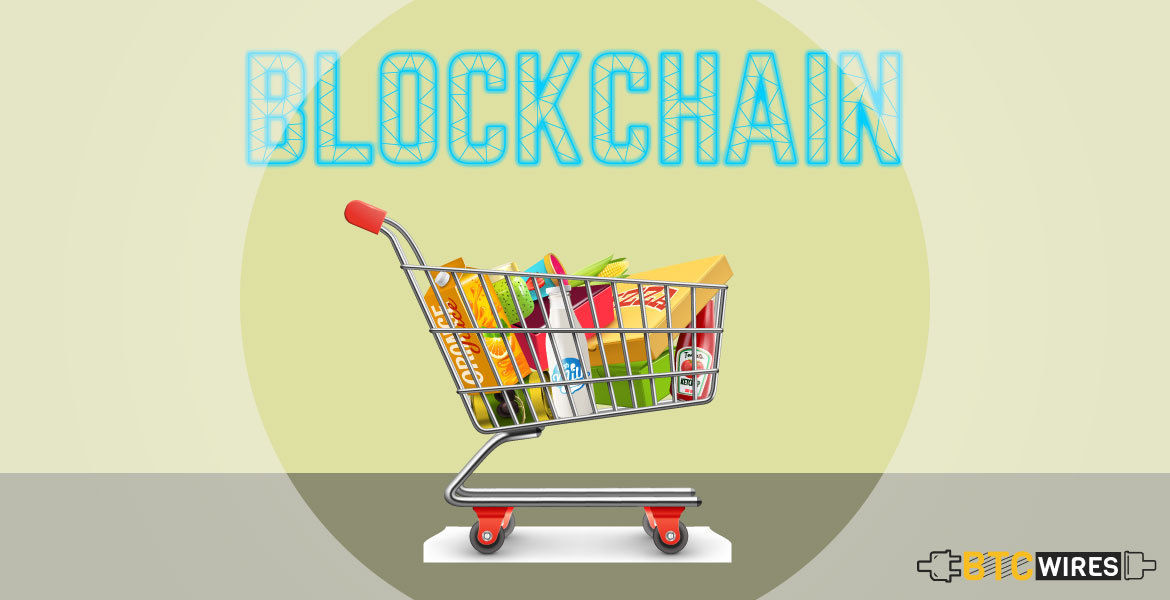According to reports published by a local English language newspaper,

According to reports published by a local English language newspaper, The Star, on March 1, the Malaysian state of Penang is thinking about using blockchain technology in food and agricultural products supply chains. The country’s Deputy Minister of Agriculture and Agro-based Industries, Sim Tze Tzin who has been cited by the newspaper is of the opinion that the technology can be used for various applications in the industry and is indeed quite versatile. For example, consumers will be able to track the origins of a particular product they purchase, simply by scanning codes. Moreover, the industry can quickly issue warnings to consumers about the outbreaks of dangerous foodborne diseases.
The minister has also said that the main advantage of using this technology is that data, in this case, gets stored in a decentralized network and cannot be doctored. He also believes that blockchain assists in improving and ensuring security, reduce operational costs and bypass middlemen. However, he has not yet released a specific time frame for launching the supply chain solution and has also not revealed whether the country is going to collaborate with crypto or blockchain startups in order to develop the decentralized ecosystem.
Many countries in the recent past have started to take blockchain technology seriously, after possibly realizing the truly massive scope that it provides. Recently, it has been reported that both France and China are also considering implementing blockchain in agriculture on the state level. While French president Emmanuel Macron described blockchain as an innovative tool that enables traders across the EU to work in a more effective and transparent way, the Chinese has issued a paper titled “Guiding Opinions on Rural Service Revitalization of Financial Services,” which, says that blockchain could help the country to “improve the identification, monitoring, early warning, and disposal levels of agricultural credit risks.”
